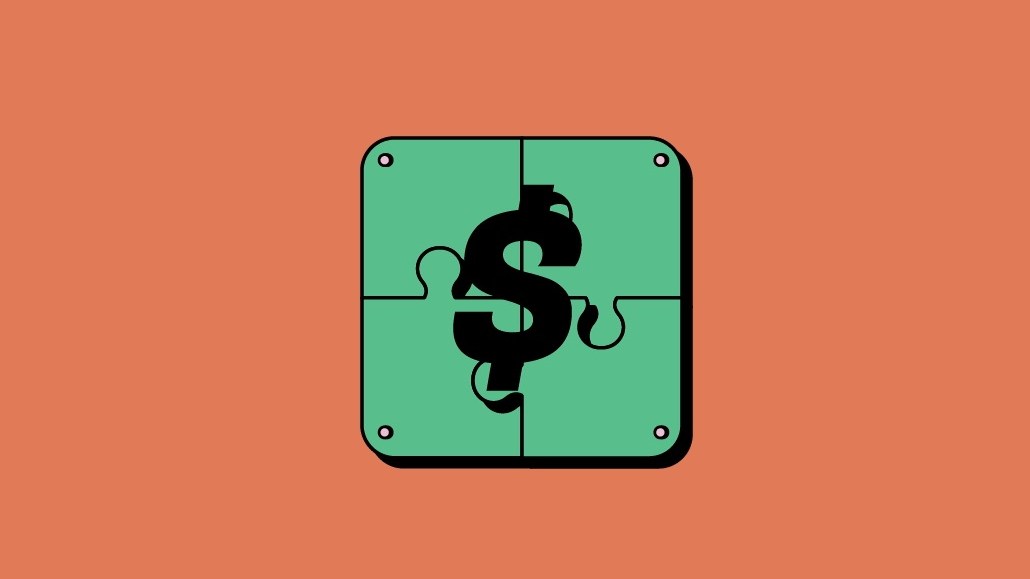Secure your place at the Digiday Media Buying Summit in Nashville, March 2-4

The push for efficiency at agencies continues apace. As holding companies continue to merge agencies, various agency brands seem to matter less than they once did.
Last Tuesday, WPP announced that Wunderman Thompson and VMLY&R would combine to become VML. The holding company touted the merger as the creation of the “industry’s largest creative company.” Both the VMLY&R and Wunderman Thompson agency brands were already the result of previous agency mergers: In 2018, VML and Y&R became VMLY&R. That same year, J.Walter Thompson and Wunderman combined to form Wunderman Thompson.
But that’s just one example. In August, Dentsu announced it would “unify Merkle’s media capabilities under iProspect.” This past February, Stagwell folded YML into Code and Theory’s network of agencies. And in June of 2022, Dentsu lauded the formation of Dentsu Creative during the Cannes Lions festival that year.
As holding companies combine agencies — a trend that’s likely to continue given the ongoing squeeze of the current economy — the importance of the individual agency brand may be waning.
“Marketers care more about marketing solutions than they do about the names of the providers that help develop them,” said Jay Pattisall, principal analyst and vp at Forrester.
Marketers are seeking efficiencies wherever they can get them and are less concerned about a particular agency’s brand than they may have been in the past, according to agency executives, industry analysts and marketers, who added some of today’s CMOs and rising marketing talent often come from the performance side of the business where the agency brand doesn’t matter as much.
“A lot of marketers today come from the digital marketing background or performance marketing background where the brand of the agency was always secondary,” said Pattisall. “The agencies that provide those services were never as fussy about their brands as some of the creative agencies through the years. With the changing of the guard to [marketers with] more performance and digital marketing backgrounds, they’re less concerned about the brands.”
That rings true for a CMO who spoke to Digiday but requested anonymity. “Caring about agency brands mostly indicates you’re paid too much and are a ‘Mad Men’ nostalgic dinosaur at this point,” said the CMO, who added that “creative still matters a lot” but marketers don’t need to pay more for a particular agency’s brand.
With the agency brand becoming less important than it once was, especially to up-and-coming CMOs, agency holding companies are able to combine agency brands more easily. Often they’re doing so to achieve more efficiency, something clients continue to push for, the agency execs and industry analysts said.
“The easiest way to get efficiencies is to consolidate quote unquote ‘the backroom,’” said Allen Adamson, brand consultant and co-founder of Metaforce. “The more you can consolidate your support — tech, real estate, human resources, payroll — the more efficiencies you can get.”
For marketers, the efficiency of working with one team versus several agencies can be appealing. Rather than managing relationships between agencies — a pain point for some marketers — a consolidation can save time for marketers. “Clients need the best in class thinking but it’s a bonus when all disciplines are under one roof,” said Lisa Colantuono, president of search consultancy AAR Partners.
Amid agency consolidation, agencies have also gotten better at setting up barriers between clients to assuage any worries about client conflicts. “There’s more leeway to say, ‘If it’s in a different office or if there are firewalls, are you ok with that?’ Mostly they are,” said Ann Billock, partner at search consultancy Ark Advisors.
At the same time, while marketers still care about client conflicts, there’s a sense that the degree to which clients care about said conflicts may vary more so than in the past. “Part of it is due to there being more project relationships versus sustained agency-of-record relationships,” said Pattisall. “Projects with defined start and stop, it’s easier to ask for exclusivity than it was in the past. Even so, certain categories pay more attention and are more competitive.”
Marketers and industry analysts expect that agency consolidation will continue and that agency brands won’t matter as much in the future. Whether or not that will come to fruition is unclear. As agencies merge, some predict that there will be agency behemoths and small agencies, with fewer mid-size shops.
“There will be very big and very small,” said Adamson. “The model has changed.”
More in Marketing

Pitch deck: Why Amazon believes its premium streaming inventory is worth the money
Amazon is pitching its DSP to make the case.

In Graphic Detail: The state of the marketing agency sector
Revenue figures from Omnicom, Publicis and Havas, and new employment stats, offer a snapshot on a quickly evolving industry.

Future of Marketing Briefing: The mental gymnastics of principal media
Welcome to the psychological CrossFit class of modern marketing. Here’s how marketers are learning to move through it.








